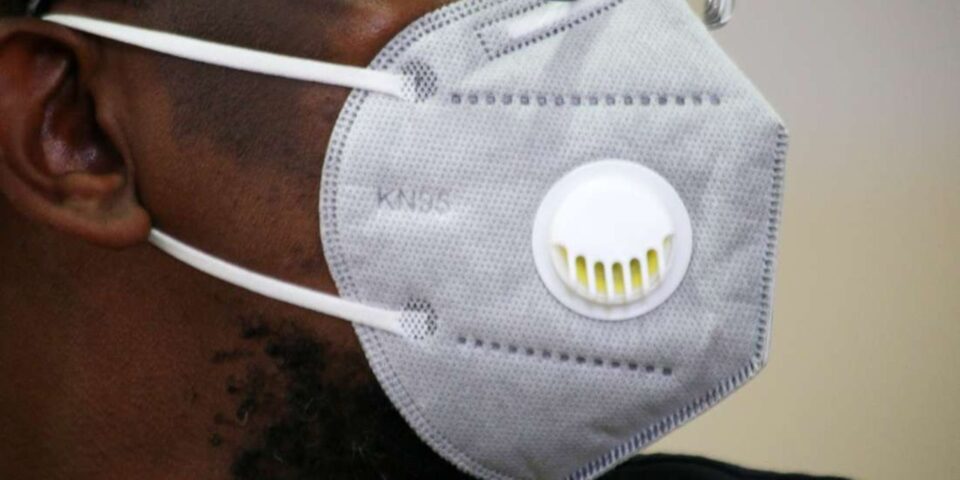The Aga Khan University Hospital announced on Wednesday that it has banned the use of facemasks with valve respirators within its premises.
The move is effective immediately, meaning neither staff nor members of the public going to any of its facilities will be let through while wearing them.
While health experts across the globe advise people to wear face coverings due to the Covid-19 pandemic, some scientists, however, have warned that not all facial coverings protect both the wearer and those around them.
The hospital’s statement points to this as the reason for the ban.
“The design of these masks allow inhaled air to be filtered but the exhaled air is not. The exhaled air can be expelled towards others even more than from a person not wearing a mask,” Aga Khan’s statement reads in part.
Unfiltered air
Some types of masks, including N95 masks as well as cloth masks, include a plastic one-way valve on the front that makes it easier to breathe. When you breathe in, the valve is closed, but when you breathe out, it opens to allow your exhalation to leave unfiltered.
According to the Centers for Disease Control (CDC), masks with valves are intended for industrial workers to prevent dust and particles from being breathed in as the valve closes on inhale.
As the coronavirus took hold earlier this year, people were encouraged to wear facemasks as it is one of the simplest and most effective ways to save lives.
The World Health Organization (WHO), however, does not advise wearing masks or respirators with exhalation valves.
3M, which makes valve masks for construction work, explains on its website how they work: inhaled air is filtered through the fabric part of the mask, and hot, humid exhaled air goes out through the valve.
However, recent studies have found that they are less effective at preventing the spread of coronavirus because they put people near the wearer at risk.
Research published in the scientific journal Physics of Fluids included dramatic visualisations showing that vented masks and face shields allow large plumes of particles to escape.
“Masks with exhalation ports include a one-way valve, which restricts airflow when breathing in, but allows free outflow of air,” the article said.
“The inhaled air gets filtered through the mask material; however, the exhaled breath passes through the valve unfiltered.”
There's no story that cannot be told. We cover the stories that others don't want to be told, we bring you all the news you need. If you have tips, exposes or any story you need to be told bluntly and all queries write to us [email protected] also find us on Telegram

